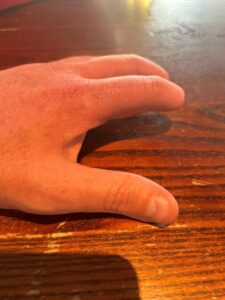Annual Science Review 2025
The Health and Safety Executive (HSE) has published its 2025 Annual Science Review, showcasing the work it has delivered in support of the five strategic objectives outlined in the HSE’s 10-year strategy Protecting People and Places.
The 2025 review features more than 20 case studies from HSE’s science division with demonstrating how its extensive expertise, knowledge and capability delivers a positive impact on the working world.
The review highlights the range of research that HSE scientists are working on, from the safe introduction of hydrogen technologies and supporting the UK target to achieve net zero emissions, to assessing the evidence for safe levels of exposure to various toxicological hazards.
Professor Andrew Curran, Director of Science, Chief Scientific Adviser and Head of GSE Profession: “I’m proud of the important, innovative work that the scientists, engineers and analysts carry out, providing the evidence base to help deliver our strategy. The science review provides interesting examples of their important work as well as introducing you to some of the excellent people from around our organisation we are privileged to work with.”
Innovative projects featured range from the use of drones to inspect safety critical structures, including recommendations on how and when to use remote visual inspection (RVI) instead of in-person close visual inspection(CVI), to work on how lithium-ion battery power plant can be safely used within the confined space of a tunnel to remove diesel exhaust emissions – providing a positive health benefits to workers.
The 2025 Annual Science Review is available for download from HSE’s science and research website.
You can find out more about the case studies on our YouTube Channel.

